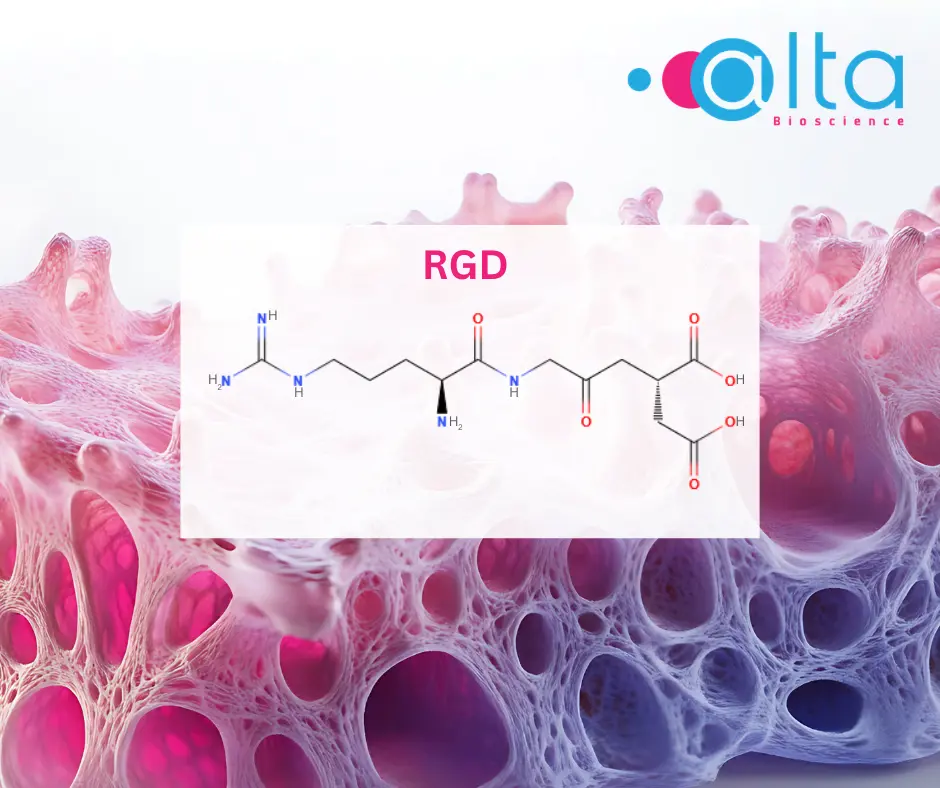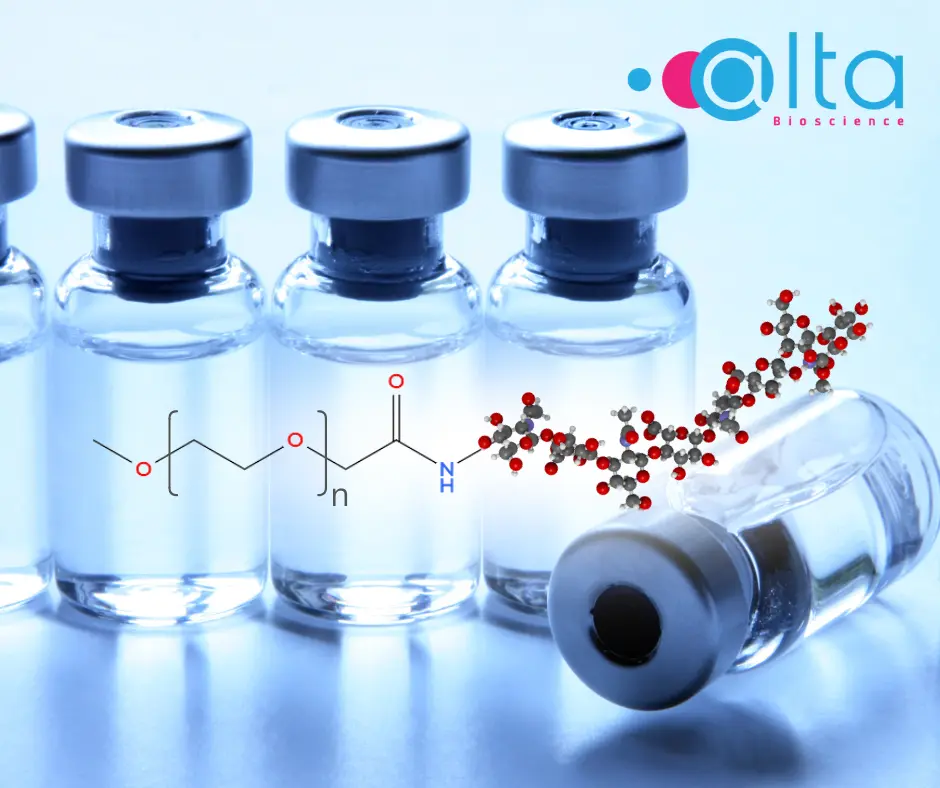Assessing Tea Quality Through Theanine Analysis
Tea has been cherished for centuries not only for its refreshing taste but also for its potential health benefits. From green to black, oolong to white, each type of tea offers a unique flavour profile and individual biochemical profile. Amino acid analysis of tea shows that among the bioactive compounds, theanine is the most abundant amino acid. Not to be confused with threonine, theanine is a non-proteinogenic amino acid and a derivative of glutamine. It is predominantly responsible for the savoury, umami taste characteristic of high-quality teas. In this article, we look at the health benefits of tea and theanine, and its use in functional foods. Also, discover why theanine analysis is important when assessing the quality of tea and developing new drinks and food products.
Health Benefits of Theanine in Tea
Theanine is thought to promote relaxation, reduce stress and improve cognitive function1, making tea a popular choice for moments of tranquillity and mindfulness. It may also possess antioxidant properties, helping to combat oxidative stress and reduce the risk of chronic diseases.2
In addition to theanine, tea contains a variety of other amino acids, such as glutamine, arginine, and asparagine. Each contributes to the complex flavour profile and nutritional composition of this relaxing beverage. Furthermore, the interplay between amino acids and other bioactive compounds in tea, such as catechins and polyphenols, may enhance the overall health-promoting effects of tea. From boosting immune function to supporting cardiovascular health, tea and herbal teas have been shown to benefit both body and mind.3
Use of Theanine in Functional Foods
With consumers increasingly seeking natural solutions for stress management, cognitive enhancement, or additional health benefits, teas are gaining popularity as a convenient and effective option. As research into the amino acid composition of tea continues to evolve, there is growing interest in harnessing its potential for various applications, including functional foods and dietary supplements. In particular, studies have looked at the benefits of incorporating theanine derived from tea in food preparation, such as bread4 and beverages, to develop new functional foods.
Analysis of Theanine as an Indicator of Tea Quality
Many factors influence theanine content in teas,2 such as:
- The variety of tea – for instance, albino yellow tea and green tea are varieties with the highest average theanine content.
- The parts of the tea plants used to produce the end-products—different parts of the tea plants contain different amounts of theanine, the leaves and roots being the richest sources.
- The season and temperatures – collection of the plant material at different times may show variations in the theanine content.
- Taking leaves at different growth stages – studies have shown that the highest content of theanine is found in the bud and first leaf and decreases in function of the maturity of the leaves.
Therefore, analysing theanine in tea leaves is a crucial step in assessing the quality of tea. It can be performed via amino acid analysis, an analytical technique that quantifies all amino acids within a sample.
At AltaBioscience, our analytical laboratory can support food producers and manufacturers in assessing the quality of raw materials and end-products by providing precise and detailed nutritional information. Our amino acid analysis service is accredited to ISO 17025:2017 (2370), and we can accurately quantify protein and amino acid levels in a range of biological and food samples. We can test all proteinogenic amino acids as well as non-standard amino acids such as theanine.
Contact our team today to discuss how we can help with your amino acid analysis requirements. For more information, you can also download our technical document below.
References
- Hidese S, Ogawa S, Ota M, Ishida I, Yasukawa Z, Ozeki M, Kunugi H. Effects of L-Theanine Administration on Stress-Related Symptoms and Cognitive Functions in Healthy Adults: A Randomized Controlled Trial. Nutrients. 2019 Oct 3;11(10):2362. doi: 10.3390/nu11102362. PMID: 31623400; PMCID: PMC6836118.
- Li MY, Liu HY, Wu DT, Kenaan A, Geng F, Li HB, Gunaratne A, Li H, Gan RY. L-Theanine: A Unique Functional Amino Acid in Tea (Camellia sinensis L.) With Multiple Health Benefits and Food Applications. Front Nutr. 2022 Apr 4;9:853846. doi: 10.3389/fnut.2022.853846. PMID: 35445053; PMCID: PMC9014247.
- The health benefits of 3 herbal teas
- Culetu A, Héritier J, Andlauer W, Valorisation of theanine from decaffeinated tea dust in bakery functional food. Ifst 2014 Sep 2. doi: 10.1111/ijfs.12625



